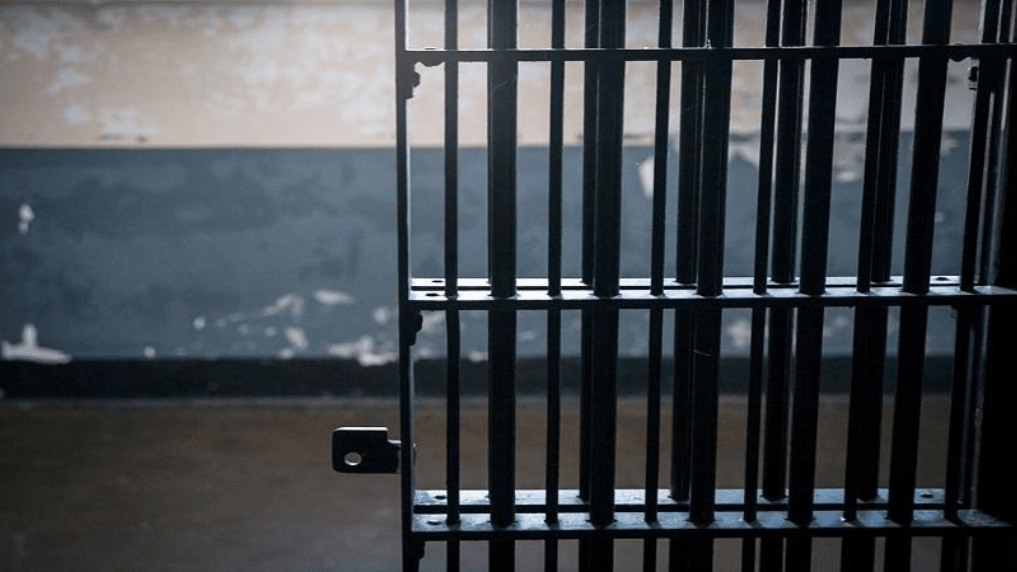What was the reaction to coronavirus outbreak in Iranian prisons? At first, coronavirus was not confirmed in Iranian prisons till late February. When new prisoners entered, and inmates were transferred for different services from one to another prison in the country, the first prisoner infected with COVID-19 was there. Despite the status of the prison before, for the low standards, and lack of medical staff and treatment, it triggered the alarm that officials need to act fast on it. The prisoners’ lives were in serious danger because no real measures were taken to prevent COVID-19 at the beginning.
if you want to read more about COVID-19: IRCC’s Good Faith click on the link.
Some of the local reports indicated that the number of infected people in the prisons is much higher than the officials confirmed, but still, there were no actions taken. Having in mind that the rooms in the prison are so small and if an infected prisoner enters the room, others can be infected immediately. That was the ‘red line’ when and why the officials started to act.
On March 4, CNN reported that Iran is temporarily releasing 54.000 prisoners as coronavirus spreads through prisons all over the country. At the time Iran had 92 deaths, and the country was under pressure from the middle eastern nations, where some of their cases were linked to the Iranian city of Qom. On the other hand, doctors reported that even before the COVID-19 outbreak Iran had problems with medications and medical instruments, because of the sanctions against the country. At that moment WHO sent a technical team with medical supplies and protective equipment to support the combat against the virus. Having in mind that because of panic for the outbreak of the virus, people were buying goods and the country had a shortage of hand sanitizers and antibacterial products.
Not many days afterward, Aljazeera announced that the UN urged Iran to free prisoners amid coronavirus spread because of the fact that more than 8.000 people have been recorded in Iran and according to WHO data, the country became the fourth most affected country in the world.

In the first wave, only those prisoners that had less than five years of jail time were freed. Most of the international organizations were worried and asking Iran to free all the prisoners (around 189.500 according to statistics).
But, as we know, taking real measures referring to the legal system in times of pandemic is not an easy task. To be realistic those measures are very unconventional. After some counseling Iran had taken further actions to fight the COVID-19, so more and more people can feel and be safe.
Finally, the government has released 85.000 prisoners in order to combat the spreading of coronavirus inside the prisons of Iran. People who died from COVID-19 in the country were 853 at the time. Judiciary spokesman Gholamhossein Esmaili said: ‘Some 50 percent of those released are security-related prisoners, also in the jails we have taken precautionary measures to confront the outbreak.’ This action is towards confronting the new virus, but one can say, it was taken too late.
Unfortunately, the situation did not end as it was planned in the first place. That is why on Tuesday (March 24), Iran extended the leave for prisoners until April 19. In the whole country, the situation was worse as well. Statistically speaking 23.049 were infected and 1.812 have died. Rationally speaking, the world has changed.
Today, the situation is not any better. In Iran, the total number of cases is 50.468 infected with the coronavirus. Total deaths are 3.160, and 3.956 are in critical condition according to WHO statistics.
Final remarks about Coronavirus in Iranian prisons
If we analyze the overall situation, it is unlikely that the prisoners will be taken back after April 19. This statement is based on everyday information from health organizations. According to them, there should be 28 days in a row without a new case, so one can say that we successfully stopped the spreading of COVID-19 in the country or region.
In sum, the officials can guarantee that it is safe for the prisoners to go back and serve their time in prison. Otherwise, prisoners will be still out.





